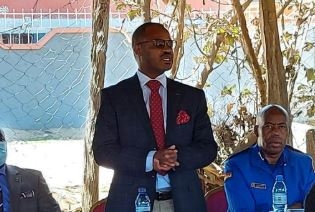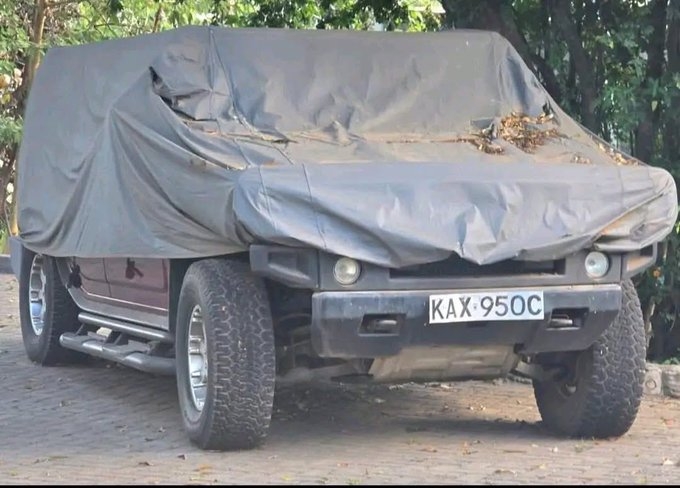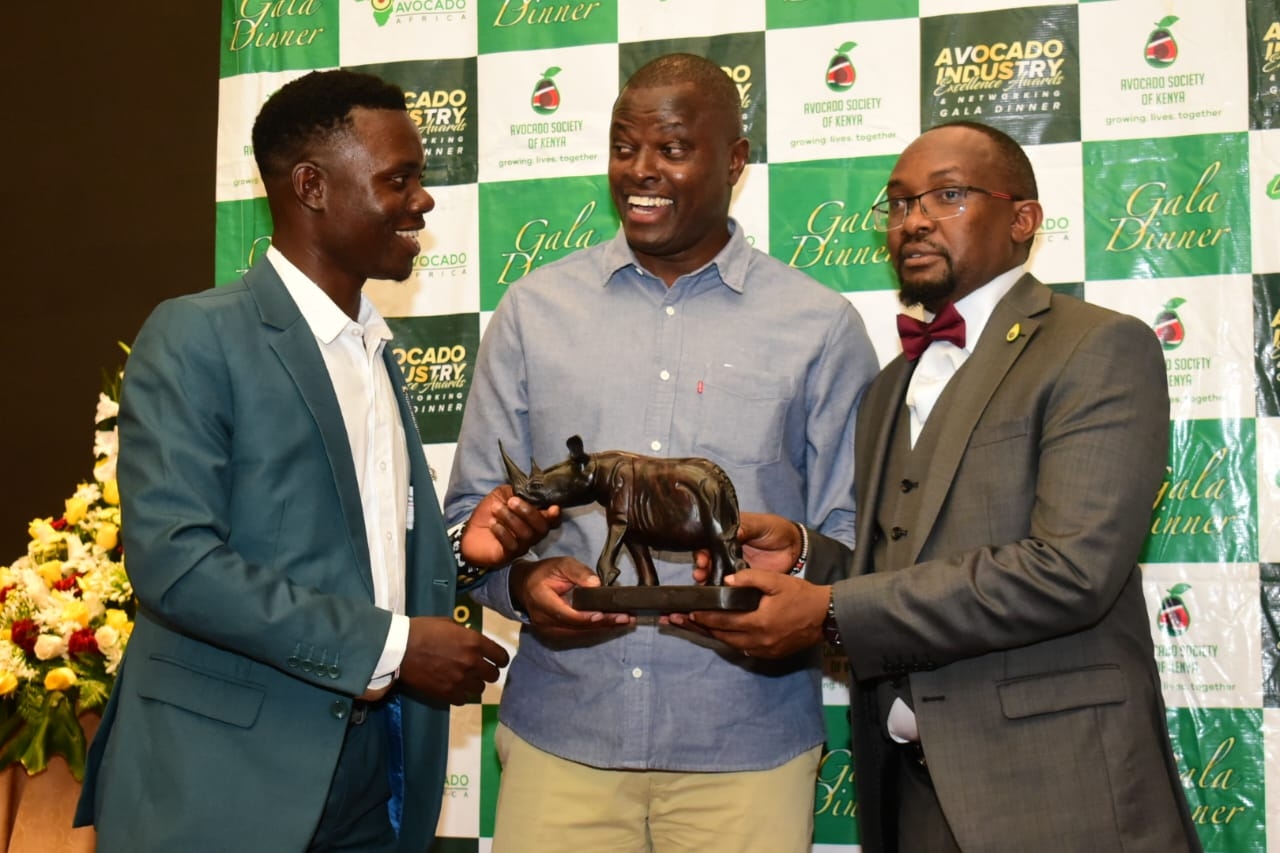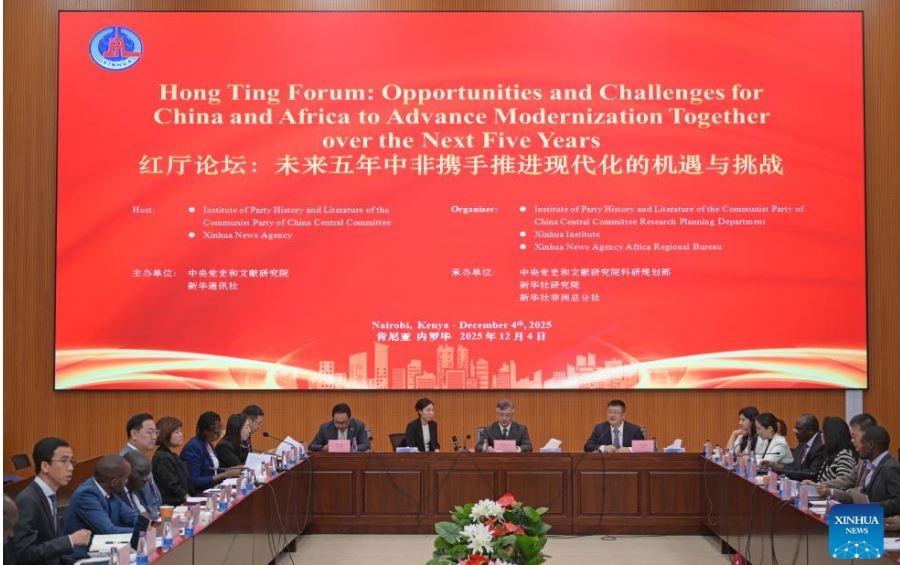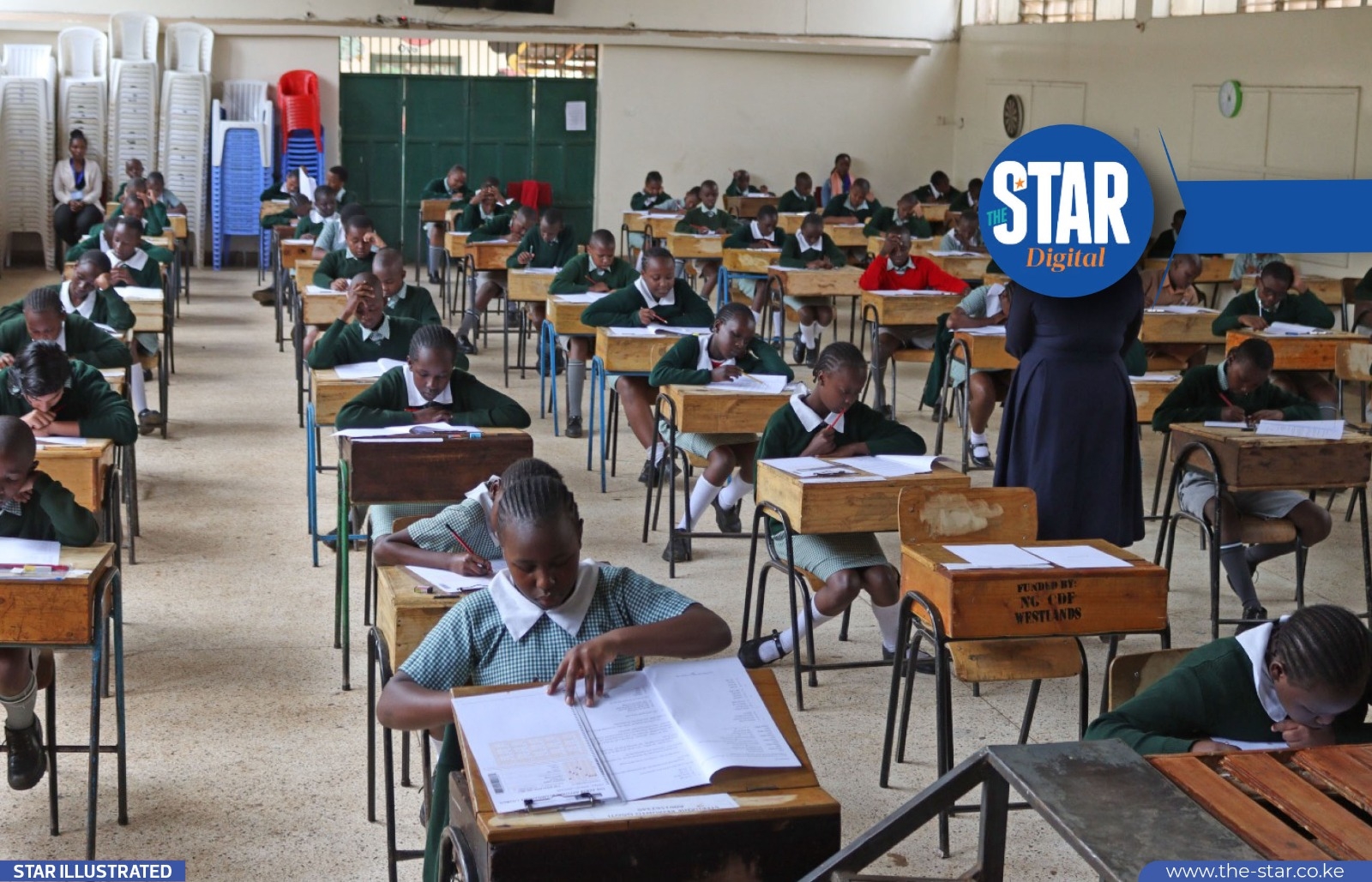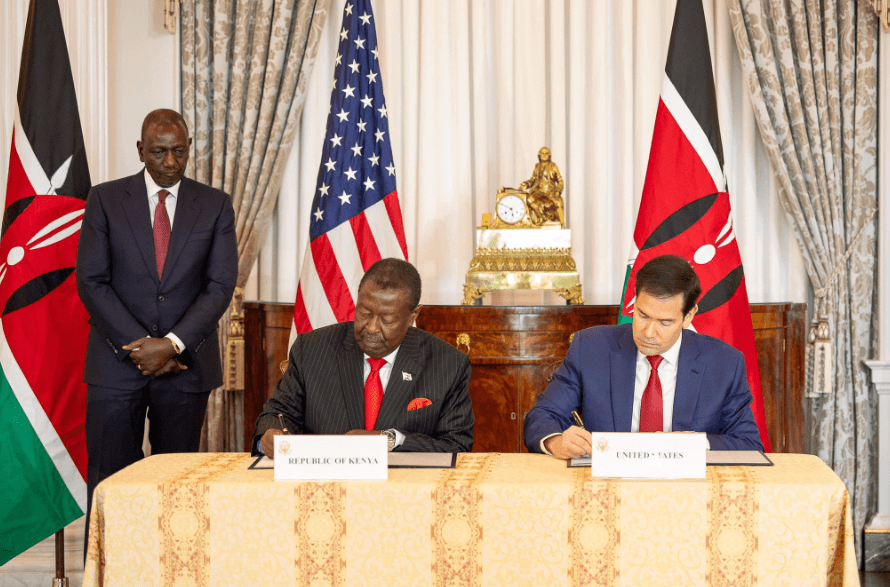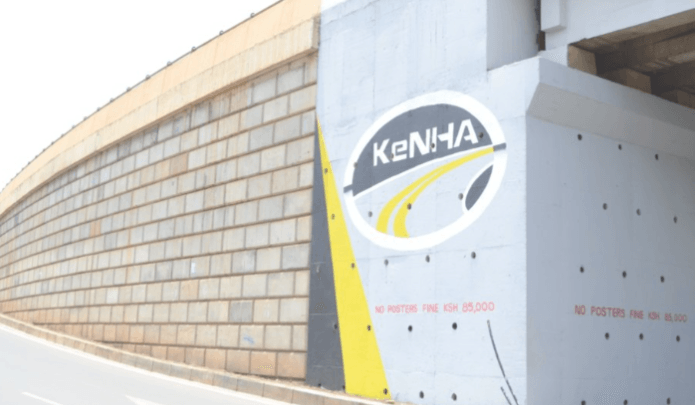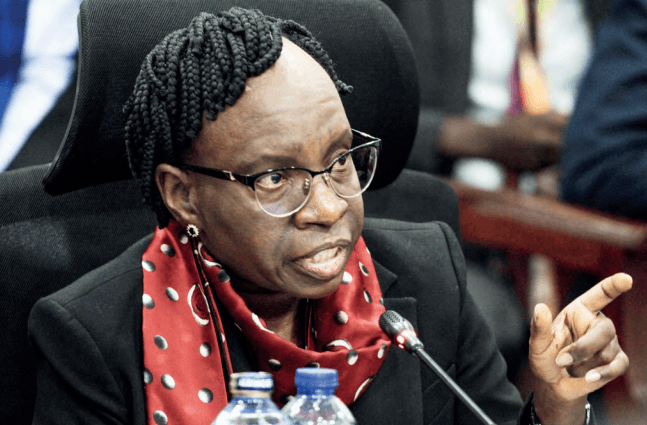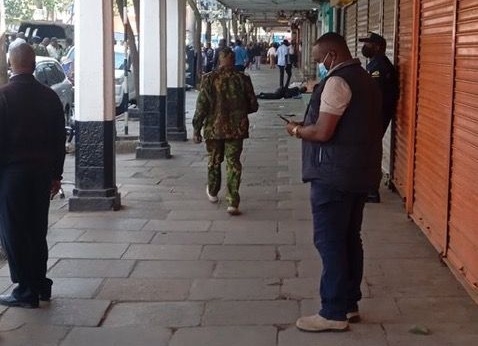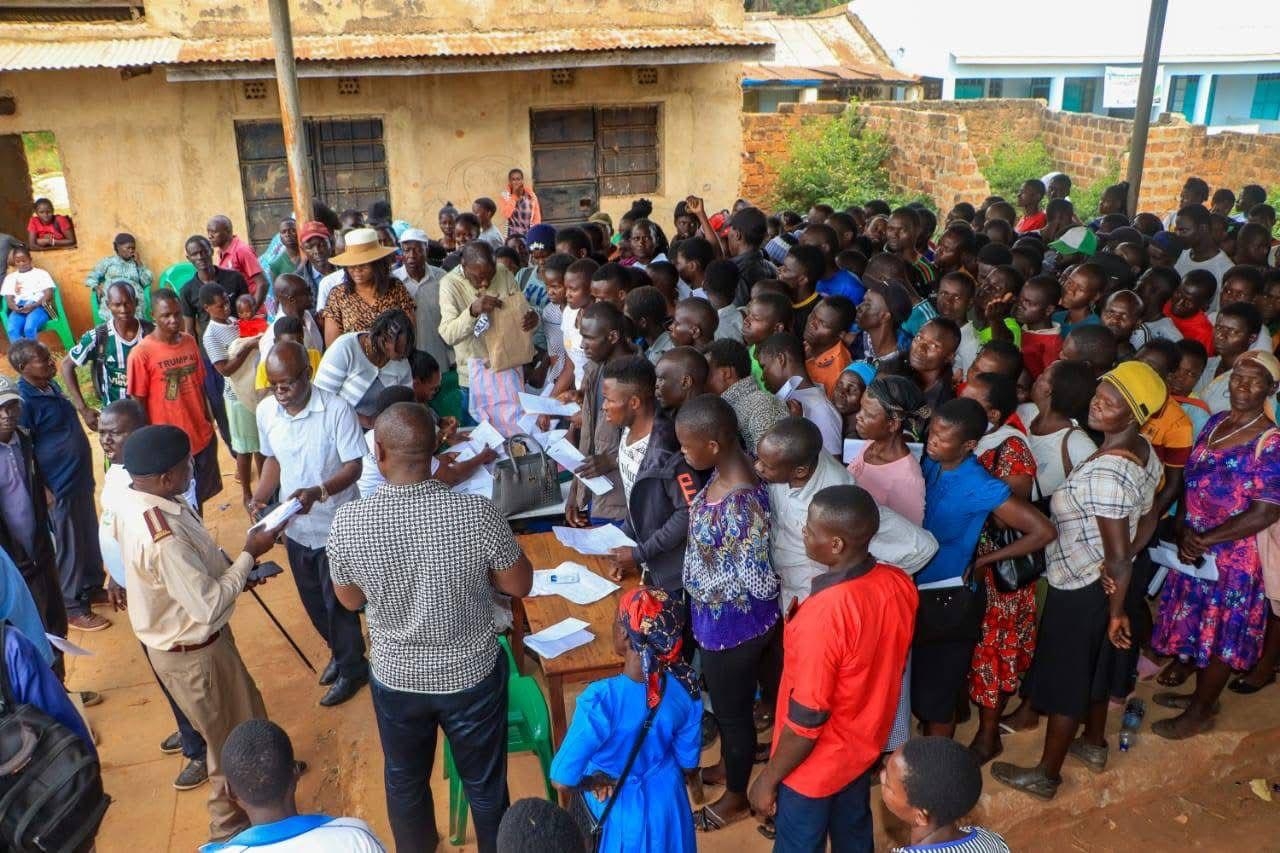Opposition Chief Raila Odinga has backed the one-man, one-shilling push by a section of Mt Kenya leaders, terming it the best route for the country.
In what is likely to trigger a political storm, the Azimio la Umoja boss said there is nothing wrong with the policy, which advocates for populous regions to be allocated more government resources.
The policy has nothing to do with discrimination as critics claim, he said, but will ensure equitable distribution of resources.
It was first pushed by Deputy President Rigathi Gachagua triggered debate. Most of President William Ruto's allies have accused Gachagua of balkanising the country.
Yesterday, Raila waded into the controversy saying he wholeheartedly supports the policy.
“I want to agree with the phrase one man one vote one shilling. I agree totally with this,” the former Prime Minister told a media briefing on Thursday.
The ODM leader was speaking when he hosted convenors of the Limuru III conference at Chungwa House.
Raila added that devolution is about equity in the sharing of resources, not equality.
“That means you take count of the number of people where they are because services are for the people. One of the discussions in Limuru III was the issue of resource sharing in the country. Somehow this issue has been misrepresented as if it is discriminating against some parts of the country. Nothing could be further from the truth,” he added.
The push will not result in discrimination, but ensure each Kenyan gets a fair share of resources “created by our sweat.”
“It cannot be right that some children get more bursary than learners in other parts of the country. This is a conversation if we have it openly, we will be able to convince our people that this is the right way to go. That is why we had proposed it in the BBI,” he stated.
Jubilee Party Secretary General Jeremiah Kioni and former Laikipia Governor Nderitu Muriithi, were present. The leaders were furnishing Raila with resolutions from the conference.
Speaking at the same function, Muriithi called on the national government to curb wastage, adding that such resources should be channelled to the devolved units.
“Wasteful expenditure at the national level should stop. Duplication of functions should stop. Those resources should follow functions at the county level,” Muriithi said.
The Deputy President has been a vocal supporter of the one man, one vote, one shilling revenue-sharing deal, saying it would favour the Mt Kenya region.
Gachagua urged the people from the region to monitor politicians and their utterances and mark those against the proposal.
He said the revenue-sharing deal is what the people of Mt Kenya deserved and anyone campaigning against the proposal was not their ally and defender.
Politicians from the region have been rooting for the distribution based on numbers.
Kiambu, Murang’a, Nyeri, Kirinyaga, Nyandarua, Laikipia, Meru, Embu and Tharaka Nithi are some of the heavily populated counties.
However, leaders from the Northeastern region said the one-man one-shilling would lead to further marginalisation of their communities.
A section of Meru leaders have also distanced themselves from the revenue-sharing formula.
MPs from the region insisted that the formula propagated by the Deputy President will lead to marginalisation of some counties.
Under the current revenue sharing formula, population covers 45 per cent, basic equal share (25 per cent), poverty (20 per cent), land area (8 per cent) and fiscal responsibility (2 per cent) which Mt Kenya politicians say leaves the heavily-populated counties with little cash for development.



